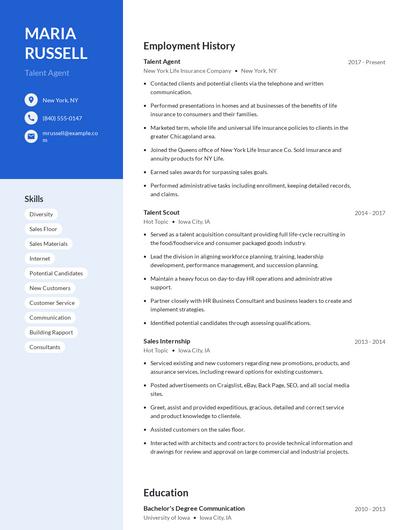The Ultimate Guide To The Casting Connection
The Ultimate Guide To The Casting Connection
Blog Article
The Of The Casting Connection
Table of ContentsThe Definitive Guide for The Casting ConnectionThe Casting Connection for DummiesMore About The Casting ConnectionThe Casting Connection Can Be Fun For EveryoneGet This Report about The Casting Connection
A skill agent acts as an agent for artists, performers, professional athletes, and other people in the show business. Their primary duty is to advertise and represent their clients' rate of interests, helping them protected opportunities such as acting roles, modeling gigs, recommendations, songs contracts, or sports bargains. Ability agents work closely with their clients to understand their career goals and aspirations, and then utilize their industry links and know-how to bargain agreements, safe tryouts, and explore numerous opportunities for direct exposure and success.Talent scout typically work in busy and dynamic settings that focus on the show business. Their workplaces can vary based upon the dimension and type of agency they are used in. Here are some usual facets of the office of a talent scout: Ability Agencies: Most ability representatives work in skill agencies, which can range from small store agencies to huge, reputable companies.

A Biased View of The Casting Connection
These meetings can occur in the firm's office, at client occasions, or at outside places hassle-free for the customer. Auditions and Spreading Calls: Agents might accompany their customers to tryouts and casting phone calls, giving assistance and guidance throughout the process. This might include traveling to different locations, such as manufacturing workshops, casting workplaces, or movie sets.
These arrangements commonly happen via phone or email, with agents functioning vigilantly to protect desirable terms for their customers. Study and Market Updates: Representatives remain informed concerning market patterns, casting calls, and market needs. They carry out study on potential clients, projects, and market developments to provide useful understandings to their clients.
They make use of e-mail, call, video conferencing, and specialized software program to remain in touch with customers and sector contacts. https://penzu.com/p/50e9c80e00b08571. High Stress and Long Hours: The enjoyment market runs on limited routines and deadlines - Casting notices and deadlines in the US. Talent scout commonly work lengthy hours, including nights and weekends, to ensure they are readily available to react to possibilities and customer requires without delay
They must be critical and convincing to secure the finest offers for their customers, whether it's for a role in a film, a modeling contract, or a music offer.
About The Casting Connection
Once you recognize the distinction, it becomes extremely clear. Many individuals new to the acting company, and also more of those outside of it don't know the difference. So, in a couple of words: Basically, a talent scout is worked with by the actor to represent the actor. The actor's agent keeps an eye out for ability's rate of interests, working with their part (the really definition of "agent").
They are worked with by the manufacturer or the end-client, and their obligation is to that side of the manufacturing chain. Yet is the difference actually so easy? No. We'll need a couple of more words First, let's clarify words "agent." In the service of item advertising and marketing and marketing communications, there are all kinds of agents.

And yet, although the talent agent is paid by ability (generally using commission), they have to additionally please the producer to do their task effectively. Casting Representative: Rarely in major markets, but occasionally in smaller markets, some ability representatives play both roles, a minimum of functionally. They represent the ability (normally being paid by compensation), yet they might additionally perform auditions themselves.
Some Known Questions About The Casting Connection.

Ad agency: This agency stands for the "advertiser," which is the business that creates or markets the service or product being marketed. https://trello.com/u/castingconnection. With the growing of media kinds over recent decades, an ad company might create any kind of advertising interaction or audio item, varying from a radio commercial to a viral internet video
These, and representatives by other names are analogous to the ad agency, in that they offer the marketer, in different means. Their service could be broader (e.g., an advertising firm could do anything that is marketing-related), or may be a lot more details (e. Custom audition cuts.g., a media agency recommends and/or buys media time and space)
The 8-Minute Rule for The Casting Connection
Executive recruiter. This is not so a lot a title as a technique to searching for and picking new skill. It refers to seeking intriguing (and with any luck qualified) skill, instead of going out through the traditional casting chain and having picked options return. The hunting process could include the full world of trained, developed skill, but is not always limited to them.
From a client/producer's perspective, scouting for skill is a legit strategy, however probably not their only approach. It's inherently inefficient and unforeseeable; the ability may have some unique quality, however be inexperienced, undirectable and/or undependable, and certainly, the start of a tight manufacturing timetable is not the time to begin hunting for diamonds in the rough.
Report this page